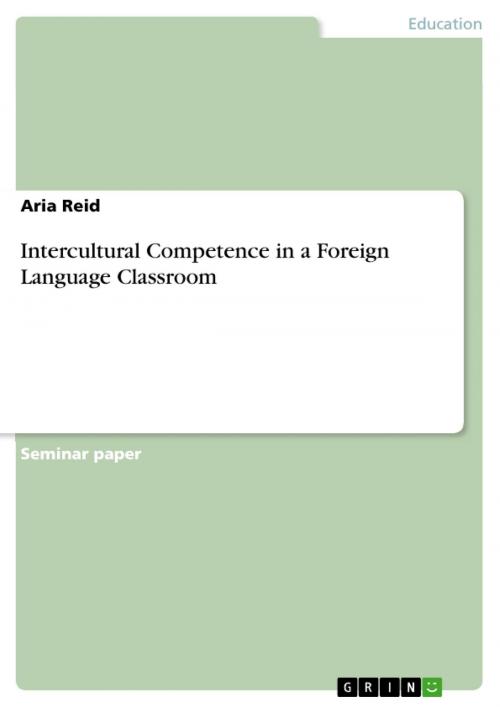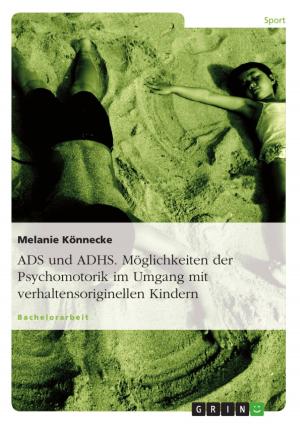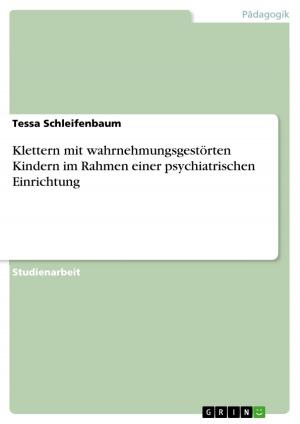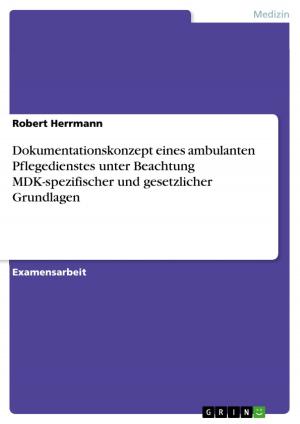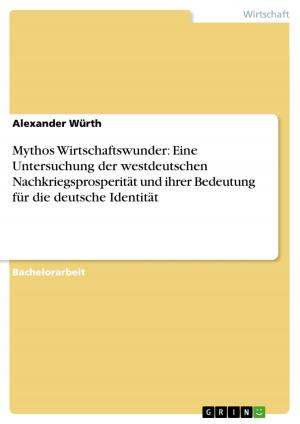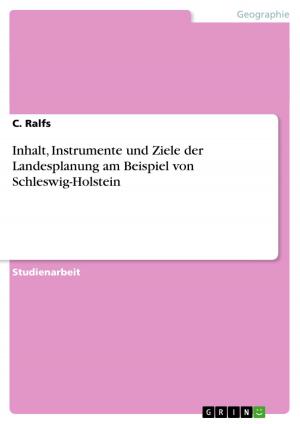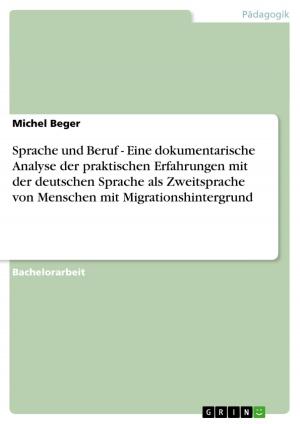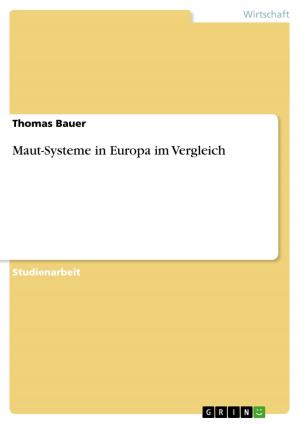Intercultural Competence in a Foreign Language Classroom
Nonfiction, Reference & Language, Study Aids, ESL, Foreign Languages| Author: | Aria Reid | ISBN: | 9783656192831 |
| Publisher: | GRIN Verlag | Publication: | May 16, 2012 |
| Imprint: | GRIN Verlag | Language: | English |
| Author: | Aria Reid |
| ISBN: | 9783656192831 |
| Publisher: | GRIN Verlag |
| Publication: | May 16, 2012 |
| Imprint: | GRIN Verlag |
| Language: | English |
Seminar paper from the year 2012 in the subject English - Pedagogy, Didactics, Literature Studies, grade: 1,3, University of Potsdam, language: English, abstract: Intercultural competence has become the key competence of the 21th century. All German Bundesländer have added this term to their school curriculum and included it in their foreign language learning classrooms. Culture is conceived through language and by that an important element of the foreign language learning process. Communicating with someone from a different part of the world is not only based on knowing his or her language but also on understanding where this person comes from. Therefore it has become essential to help foreign language learners to create a cultural profile as an orientation and a guideline for the diverse cultures of their target language. In particular this is mostly achieved through the work with authentic literary texts and its influence on the learner's knowledge and thought. By regarding language as a '[...] social practice, culture becomes the very core of language teaching.' (Kramsch 1993, 8) and has its main goal in conveying tolerance and acceptance for foreign cultures and their way of life.
Seminar paper from the year 2012 in the subject English - Pedagogy, Didactics, Literature Studies, grade: 1,3, University of Potsdam, language: English, abstract: Intercultural competence has become the key competence of the 21th century. All German Bundesländer have added this term to their school curriculum and included it in their foreign language learning classrooms. Culture is conceived through language and by that an important element of the foreign language learning process. Communicating with someone from a different part of the world is not only based on knowing his or her language but also on understanding where this person comes from. Therefore it has become essential to help foreign language learners to create a cultural profile as an orientation and a guideline for the diverse cultures of their target language. In particular this is mostly achieved through the work with authentic literary texts and its influence on the learner's knowledge and thought. By regarding language as a '[...] social practice, culture becomes the very core of language teaching.' (Kramsch 1993, 8) and has its main goal in conveying tolerance and acceptance for foreign cultures and their way of life.
